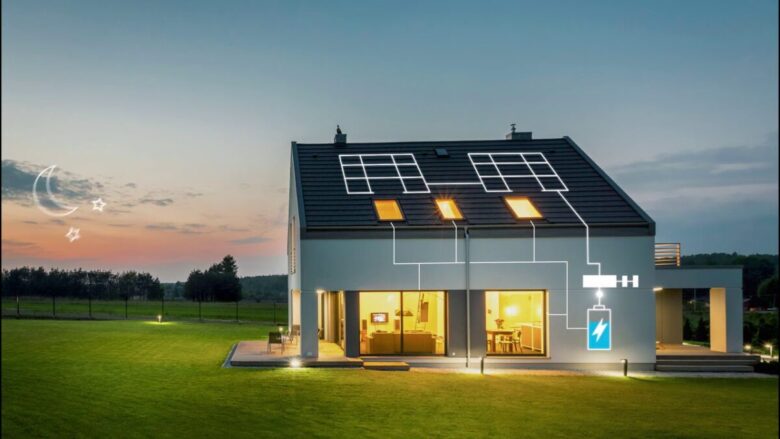Home solar energy storage systems, such as those using lithium-ion batteries, are generally considered safe for human use when installed and maintained properly. However, it’s important to follow safety guidelines and take precautions to minimize potential risks.
- Chemical Composition: Lithium-ion batteries, commonly used in home energy storage systems, contain chemicals that can be hazardous if handled improperly. While the batteries themselves are sealed, puncturing or damaging them can lead to the release of toxic substances. However, under normal operating conditions, the batteries pose minimal risk.
- Fire Risk: One of the primary concerns with lithium-ion batteries is the potential for fire. Overcharging, overheating, or physical damage to the batteries can increase the risk of a fire. Proper installation, use of quality components, and adherence to safety guidelines can significantly reduce this risk.
- Ventilation: Home energy storage systems are often installed indoors or in enclosed spaces. Adequate ventilation is essential to dissipate heat generated during charging and discharging cycles. Proper ventilation helps prevent overheating and ensures the system operates within safe temperature ranges.
- Installation and Maintenance: It’s crucial to have home energy storage systems installed and maintained by qualified professionals. Proper installation ensures that the system meets safety standards, and routine maintenance can catch potential issues before they become serious.
- Manufacturer Guidelines: Follow the manufacturer’s guidelines and recommendations for your specific energy storage system. This includes guidelines for installation, operation, and maintenance. Deviating from these recommendations may pose risks to both the system and those in proximity.
- Emergency Preparedness: Have emergency procedures in place in case of malfunctions or accidents. This may include having a fire extinguisher suitable for electrical fires, a well-designed emergency shutdown procedure, and clear communication about what to do in case of a problem.
In summary, when properly installed, operated, and maintained according to guidelines, home solar energy storage systems are generally safe for human use. It’s essential to work with reputable installers, follow safety protocols, and stay informed about the specific characteristics of the system you have in place.


